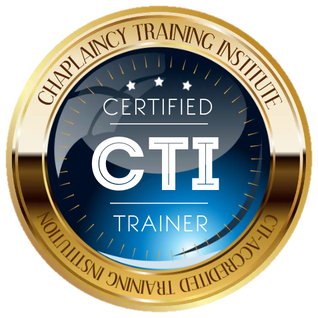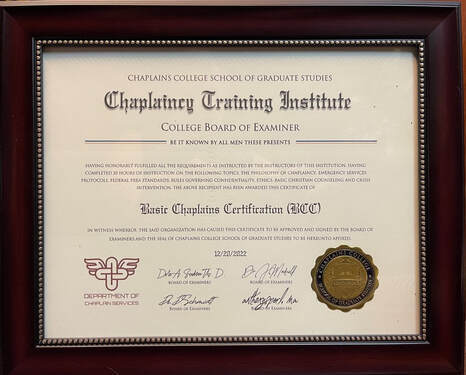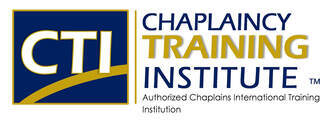Unlock your potential as a skilled chaplain. Enroll now and become a beacon of support in times of crisis. Join our program today!
Sample Class Prision Chaplaincy |
Sample Class Hospital Chaplaincy |
Sample Class Police Chaplain |
|
Become an Affiliate Training Institution
United States, Canada, and England. Join the hundreds of satisfied students
Chaplain Services |
About CI and
|
CHAPLAINS INTERNATIONAL © COPYRIGHT 2006. ALL RIGHTS RESERVED.
|






